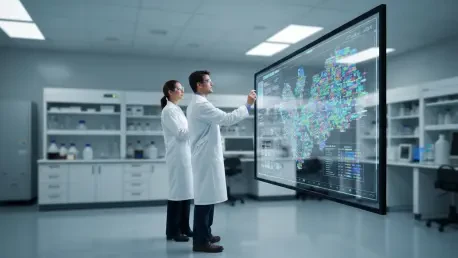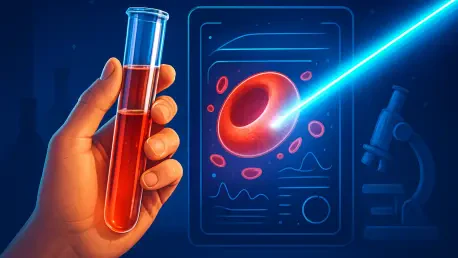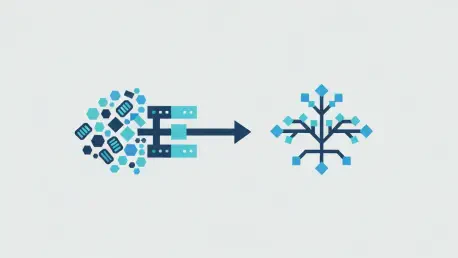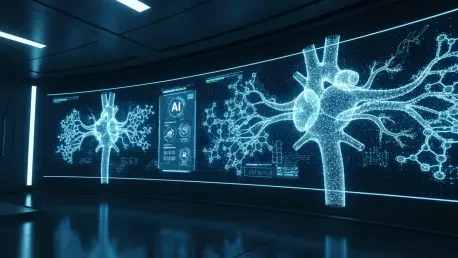
For decades, the blueprint of disease has been read one letter at a time, searching for single genetic misspellings, yet this approach has consistently fallen short of explaining the full narrative of complex illnesses like cancer. The emergence of AI-driven gene network analysis represents a

Today we're joined by Ivan Kairatov, a biopharma expert at the forefront of medical diagnostics. For decades, the cornerstone of blood analysis has been the microscope, a tool reliant on human interpretation. But what if we could teach a machine to see the invisible signs of disease in a single

Today we're joined by Ivan Kairatov, a biopharma expert at the forefront of integrating artificial intelligence into oncology. His team’s latest work, leveraging data from the landmark TAILORx trial, has produced an AI model that significantly refines our ability to predict long-term recurrence

Beneath the surface of our visible world lies an immense, unseen empire of microorganisms whose collective genetic information dwarfs that of all other life on Earth combined, presenting a monumental challenge for scientific analysis. The development of computational tools for microbiome analysis

For the more than one in seven individuals battling chronic kidney disease who also suffer from anemia, treatment has often meant managing debilitating symptoms rather than addressing the underlying cause. This reality is poised for a significant change, as a landmark collaboration between

The next breakthrough in cardiovascular medicine might not originate from a high-tech laboratory or a sprawling clinical trial, but from the silent, detailed images captured by an MRI machine. A revolutionary approach using artificial intelligence is now deciphering the complex visual data within